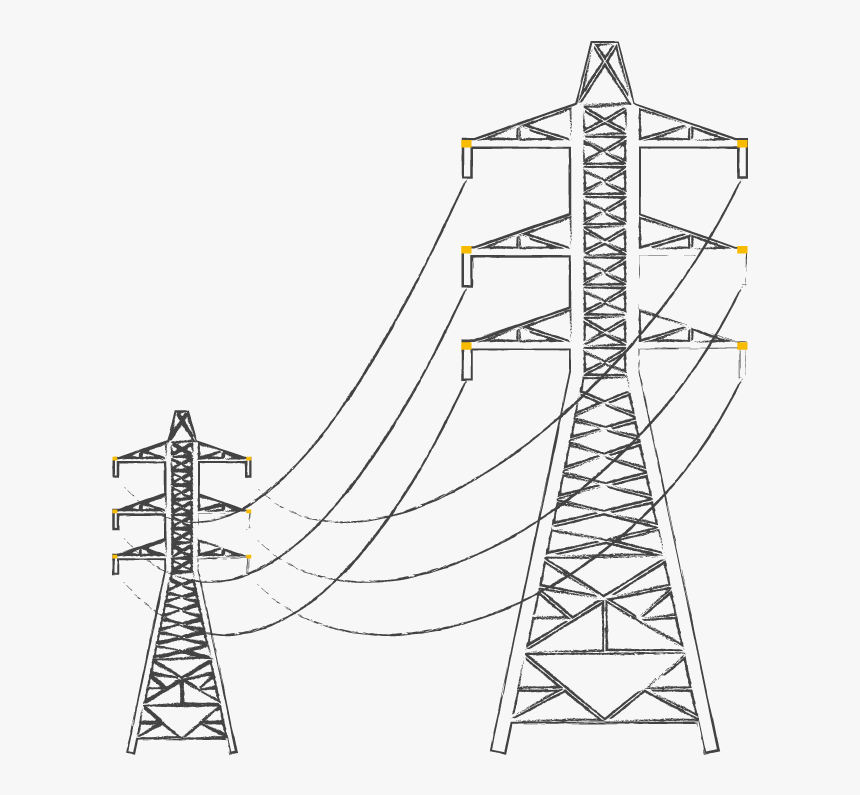
South Korea’s factory activity shrank for a sixth consecutive month in December, a business survey showed on Monday, as the global economic downturn and a local truckers’ strike led to the worst slump in demand in 2-1/2 years. The S&P Global (NYSE:SPGI) purchasing managers’ index (PMI) for South Korea manufacturers fell to a seasonally-adjusted 48.2 last month from 49.0 in November. It fell again after two months of slight improvements from a more than two-year low of 47.3 reached in September, but remained below the 50-mark that separates expansion from contraction for the sixth month in a row. Sub-indexes showed output contracted for an eighth straight month, new orders declined for a sixth month, and new export orders shrank for a 10th month. In particular, new orders fell at the fastest pace since June 2020, both for overall orders and exports, while input purchases and backlogs of work also decreased at the fastest pace in about 2-1/2 years.

Meanwhile, Suppliers’ Delivery Times Were Their Worst Since June.
as South Korean truckers went on a strike for the second time in 2022. “The December PMI data provided further evidence that South Korean manufacturing firms have continued to struggle in the face of the current global economic downturn,” said Laura Denman, economist at S&P Global Market Intelligence. “Low levels of client demand, on both a domestic and international scale, were central to the latest deterioration.” On the inflation front, input prices rose at the slowest pace since January 2021, while the pace of output price increases significantly eased to the weakest in their 27-month rising streak. Manufacturers were barely optimistic about the future output over the coming year, with the level of optimism just above the neutral threshold and at the lowest since July 2020.








